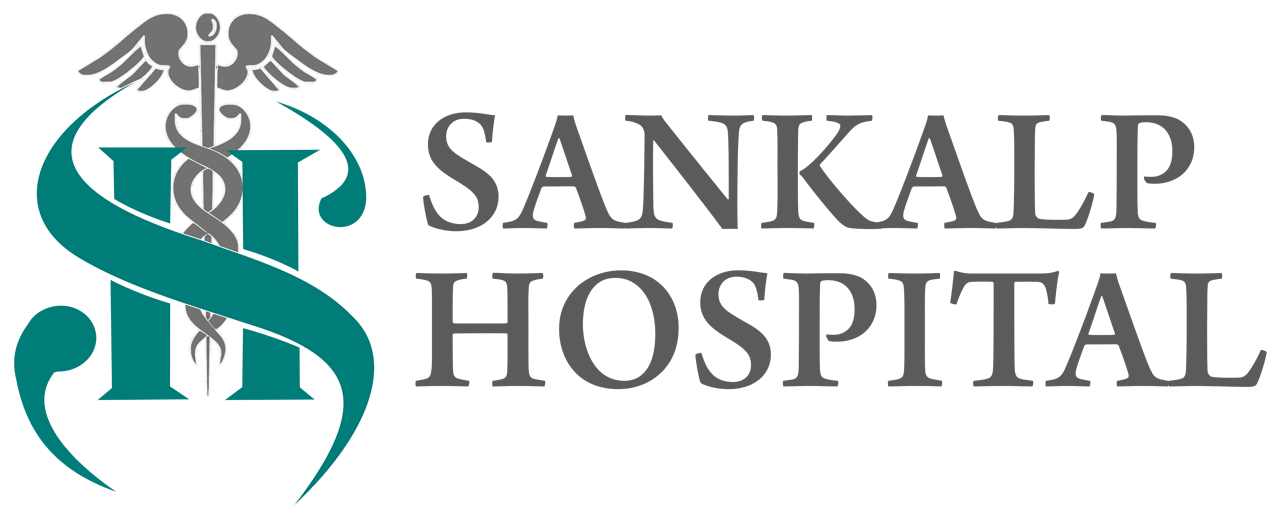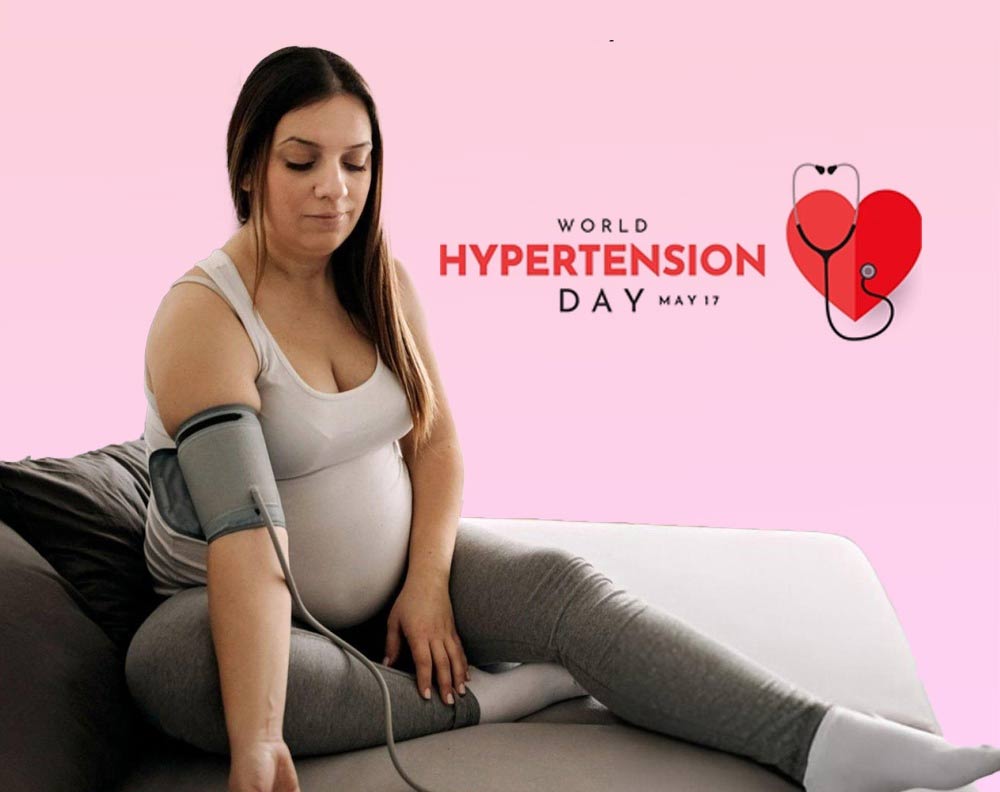Hypertension, commonly known as high blood pressure, is a chronic medical condition characterized by persistently elevated arterial pressure. Often termed the “silent killer,” it frequently presents without overt symptoms yet poses significant risks to multiple organ systems. This article delves into the anatomical and physiological ramifications of hypertension, elucidating its impact on human health.
Cardiovascular System: The Heart and Blood Vessels
Anatomical and Physiological Impact:
- Left Ventricular Hypertrophy (LVH): Chronic hypertension increases systemic vascular resistance, compelling the left ventricle to work harder. Over time, this leads to myocardial hypertrophy, reducing ventricular compliance and predisposing to diastolic dysfunction.
- Atherosclerosis: Elevated blood pressure damages endothelial linings, promoting lipid infiltration and plaque formation. This narrows arterial lumens, increasing the risk of ischemic events.
- Aneurysm Formation: Persistent pressure can weaken arterial walls, leading to aneurismal dilatations, particularly in the aorta, which may rupture if left untreated.
Renal System: The Kidneys
Anatomical and Physiological Impact:
- Nephrosclerosis: Hypertension induces hyaline arteriolosclerosis in renal vasculature, leading to ischemic atrophy of nephrons and progressive chronic kidney disease.
- Renin-Angiotensin-Aldosterone System (RAAS) Activation: Reduced renal perfusion stimulates RAAS, exacerbating hypertension through vasoconstriction and sodium retention.
Neurological System: The Brain
Anatomical and Physiological Impact:
- Stroke: Hypertension is a leading cause of both ischemic and hemorrhagic strokes due to arterial occlusion or rupture.
- Cognitive Decline: Chronic high blood pressure impairs cerebral auto-regulation, leading to white matter lesions and increased risk of dementia.
- Blood-Brain Barrier Disruption: Elevated pressure can compromise the integrity of the blood-brain barrier, facilitating neuro-inflammation and neuronal damage.
Ocular System: The Eyes
Anatomical and Physiological Impact:
- Hypertensive Retinopathy: Sustained high blood pressure damages retinal arterioles, leading to hemorrhages, exudates, and in severe cases, vision loss.
- Choroidopathy: Fluid accumulation under the retina due to choroidal vessel leakage can distort vision.
Musculoskeletal System: Bones and Muscles
Anatomical and Physiological Impact:
- Osteoporosis: Hypertension may increase calcium excretion, weakening bone density and increasing fracture risk, particularly in postmenopausal women.
- Muscle Perfusion: Reduced arterial compliance can impair muscle blood flow, leading to fatigue and decreased physical performance.
Reproductive System
Anatomical and Physiological Impact:
- Erectile Dysfunction: Vascular insufficiency due to hypertension impairs penile blood flow, leading to difficulties in achieving or maintaining erections.
- Female Sexual Dysfunction: Reduced genital blood flow can result in decreased arousal, lubrication issues, and orgasmic challenges.
Pros and Cons of Hypertension Management
Pros:
- Early Detection: Regular monitoring can identify hypertension before complications arise, allowing for timely intervention.
- Lifestyle Modifications: Dietary changes, exercise, and stress management can effectively lower blood pressure and improve overall health.
- Pharmacotherapy: Antihypertensive medications can control blood pressure, reducing the risk of end-organ damage.
Cons:
- Medication Side Effects: Some anti-hypertensives may cause dizziness, electrolyte imbalances, or renal dysfunction.
- Compliance Challenges: Long-term adherence to lifestyle changes and medication regimens can be difficult for some patients.
- Economic Burden: Chronic management of hypertension can be costly, impacting healthcare systems and patients alike.
Conclusion-Note:-
Hypertension’s insidious nature belies its potential for widespread physiological disruption. Its impact spans multiple organ systems, emphasizing the importance of early detection, comprehensive management, and patient education. Through a combination of lifestyle modifications and medical interventions, the adverse effects of hypertension can be mitigated, preserving health and enhancing quality of life.
Take the First Step Towards a Healthier Life:-Don’t let hypertension compromise your quality of life. Early intervention is key to preventing serious health complications. Schedule your consultation with our experts at Sankalp Hospital today and embark on a path to optimal health. Your health is our priority. Trust Sankalp Hospital for comprehensive and compassionate hypertension care.
For inquiries and registration:
Contact: +91-958 488 9068
Email: info.sankalpslms@gmail.com
Visit: https://santokhhospital.com/



